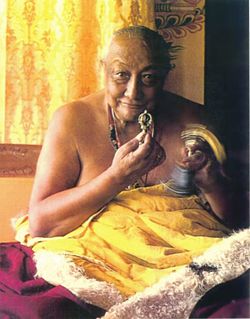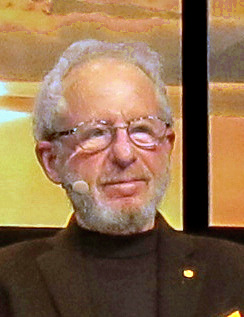A Quote by Elizabeth Gilbert
I like it when science and devotion find places of intersection.
Related Quotes
As religion is now practiced and science is now practiced, there is no intersection between the two. That is for certain. And it’s not for want of trying. Over the centuries, many people—theologians as well scientists - have tried to explore points of intersection. And anytime anyone has declared that harmony has risen up, it is the consequence of religion acquiescing to scientific discovery. In every single case.
We either have wild places or we don't. We admit the spiritual-emotional validity of wild, beautiful places or we don't. We have a philosophy of simplicity of experience in these wild places or we don't. We admit an almost religious devotion to the clean exposition of the wild, natural earth or we don't.
Devotion is the essence of the path, and if we have in mind nothing but the guru and feel nothing but fervent devotion, whatever occurs is perceived as his blessing. If we simply practice with this constantly present devotion, this is prayer itself. When all thoughts are imbued with devotion to the guru, there is a natural confidence that this will take care of whatever may happen. All forms are the guru, all sounds are prayer, and all gross and subtle thoughts arise as devotion. Everything is spontaneously liberated in the absolute nature, like knots untied in the sky.
The ability to stand by one's principles, to live with integrity and faith according to one's belief-that is what matters, that is the difference between a contribution and a commitment. That devotion to true principle in our individual lives, in our homes and families, and in all places that we meet and influence other people-that devotion is what God is ultimately requesting of us.
The whole point of science is that most of it is uncertain. That's why science is exciting--because we don't know. Science is all about things we don't understand. The public, of course, imagines science is just a set of facts. But it's not. Science is a process of exploring, which is always partial. We explore, and we find out things that we understand. We find out things we thought we understood were wrong. That's how it makes progress.
When things are digital, they're all 1's and zero's, and so they commingle in ways we didn't anticipate and you could do things that were not like publishing or television, or computers, but were some intersection of those and that got known to be convergence, so between the switching, or trading of places and the convergence, you have today's media.






































